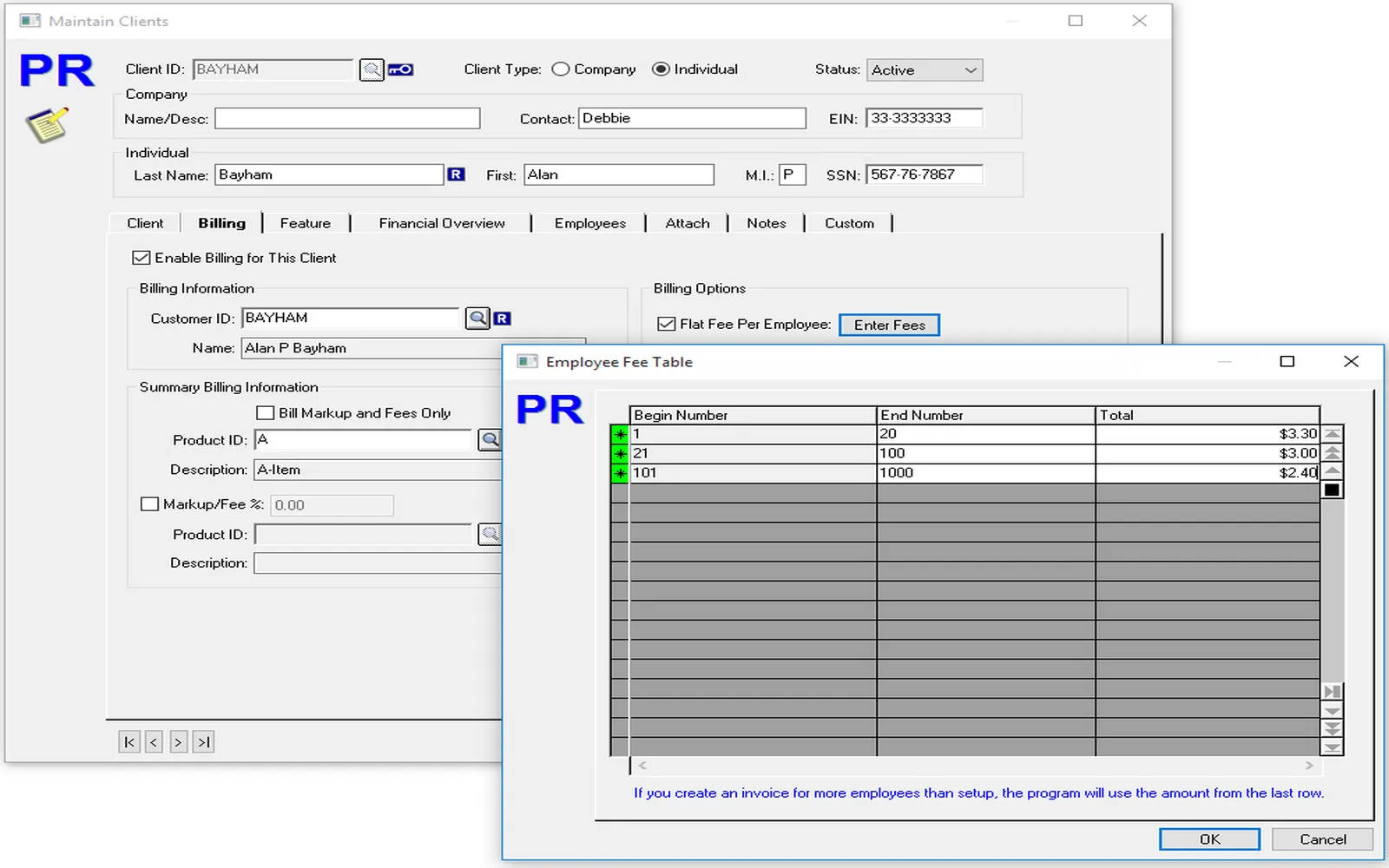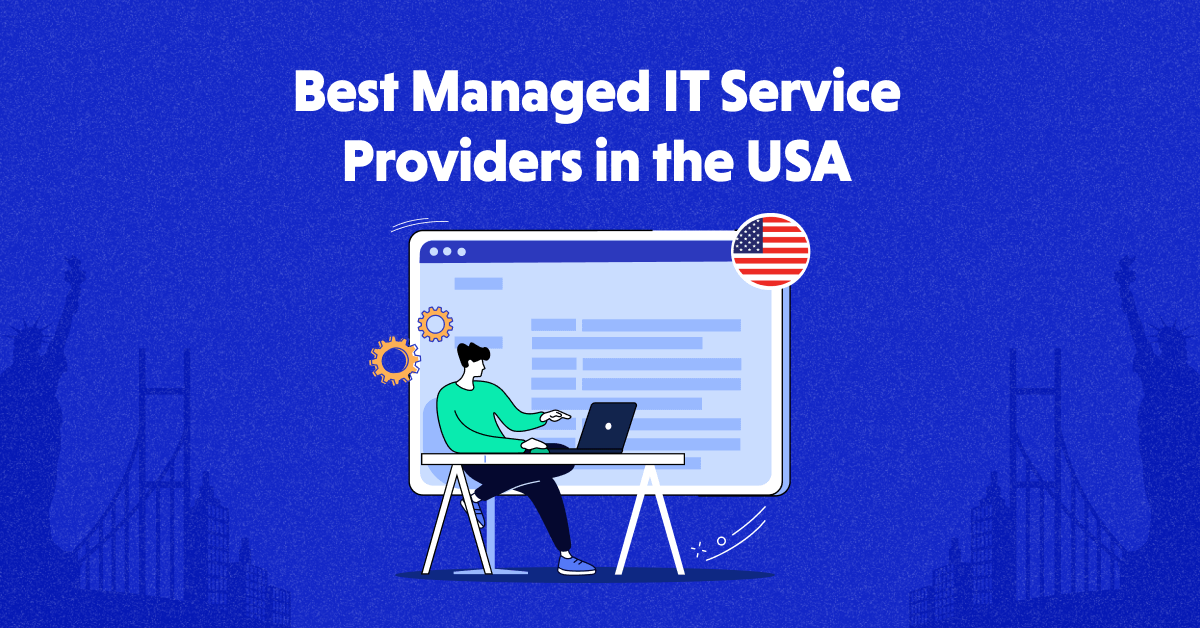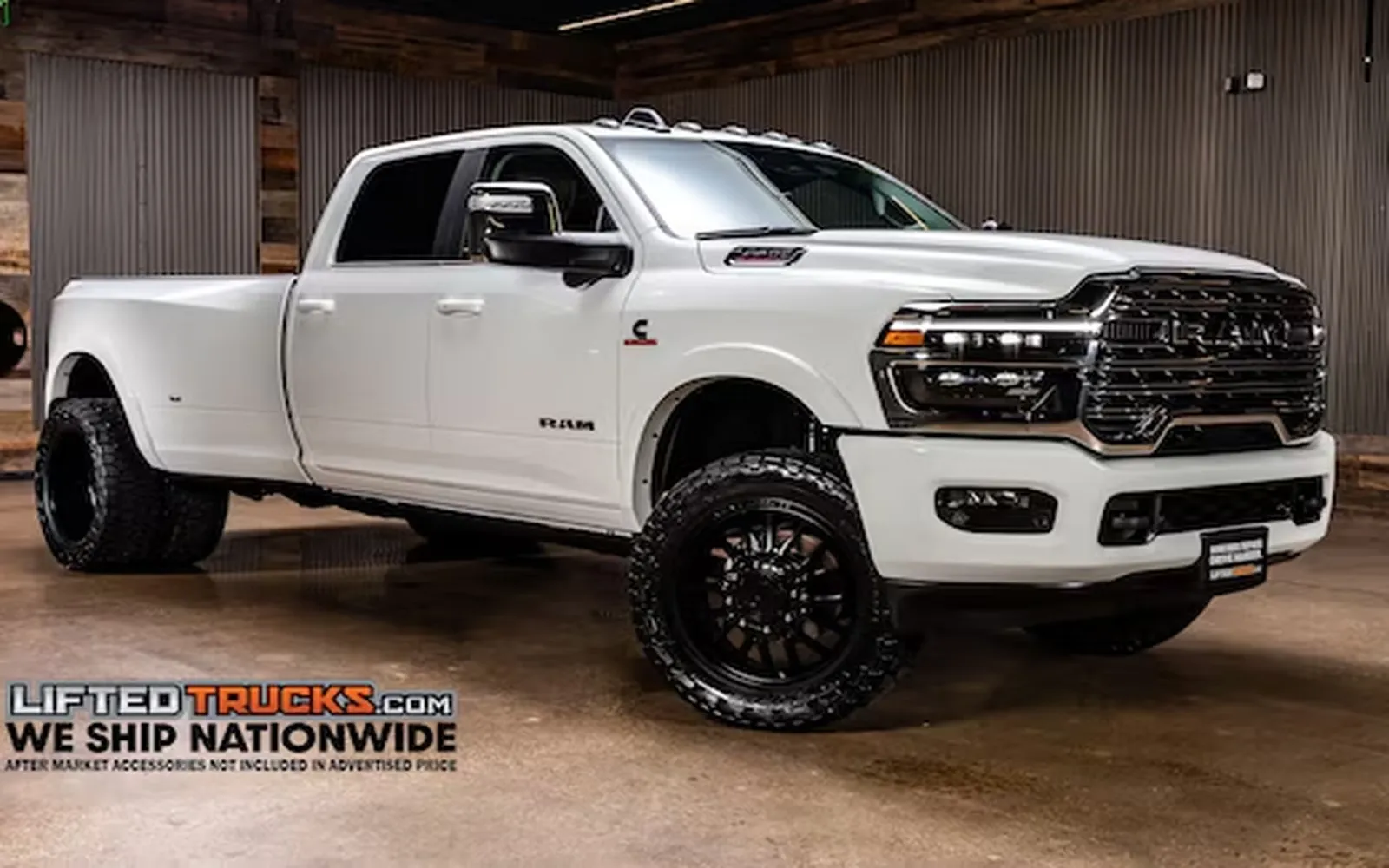2025 Business Vehicle Leasing Trends: Optimize Your Fleet for Success
Introduction
As we approach 2025, businesses are increasingly recognizing the importance of optimized fleet management. The vehicle leasing sector is rapidly evolving, and organizations must stay ahead of trends to enhance efficiency and reduce costs. This article explores the key trends in business vehicle leasing for 2025, providing insights and strategies to help companies optimize their fleets for success.
The Rise of Electric Vehicles (EVs)
One of the most significant trends in vehicle leasing is the shift towards electric vehicles. With growing concerns about climate change and government incentives promoting EV adoption, businesses are reevaluating their fleets. By 2025, it is expected that a substantial portion of leased vehicles will be electric.
Switching to electric vehicles offers numerous benefits, including lower fuel costs, reduced maintenance expenses, and potential tax incentives. Companies can capitalize on these advantages by leasing EVs that align with their operational needs. Additionally, fleet managers should consider the establishment of charging infrastructure to support their electric vehicle adoption.
Increased Focus on Sustainability
Alongside the rise of electric vehicles, there is a broader trend toward sustainability in business practices. Companies are increasingly held accountable for their environmental impact, and adopting sustainable fleet solutions is becoming a critical component of corporate social responsibility (CSR) strategies.
Leasing providers are responding to this demand by offering green leasing options, which may include hybrid vehicles, carbon offset programs, and partnerships with renewable energy suppliers. Businesses should evaluate their leasing options to ensure they align with their sustainability goals and communicate these efforts to stakeholders.
Telematics and Data-Driven Decisions
The integration of telematics technology into vehicle leasing is transforming how businesses manage their fleets. Telematics systems provide real-time data on vehicle performance, fuel consumption, driver behavior, and location tracking. By 2025, businesses that leverage telematics will have a significant competitive advantage.
Using telematics data, fleet managers can analyze patterns, identify inefficiencies, and make informed decisions about vehicle maintenance, routing, and usage. This data-driven approach not only optimizes operational efficiency but also contributes to cost savings. Companies should seek leasing partners that offer telematics solutions to enhance their fleet management capabilities.
Flexible Leasing Options
As the business landscape continues to evolve, flexibility in leasing options will become increasingly important. Traditional long-term leases may not meet the dynamic needs of modern businesses. By 2025, we can expect to see a rise in flexible leasing arrangements that allow organizations to adapt their fleets based on changing market conditions.
Shorter lease terms, mileage flexibility, and the option to upgrade vehicles more frequently will appeal to companies looking to stay agile. Additionally, businesses should consider leasing providers that offer customized solutions tailored to their specific requirements.
Integration of Autonomous Vehicles
While fully autonomous commercial vehicles may still be a few years away from widespread implementation, the integration of semi-autonomous technologies is already impacting the leasing landscape. Features such as adaptive cruise control, lane-keeping assistance, and automated parking are becoming standard in many vehicle models.
Leasing providers are likely to offer vehicles equipped with these technologies as businesses seek to improve safety and efficiency. Companies should stay informed about advancements in autonomous vehicle technology and consider how these innovations can enhance their fleet operations.
The Importance of Total Cost of Ownership (TCO)
Understanding the total cost of ownership (TCO) is crucial for businesses when evaluating vehicle leasing options. TCO encompasses not only the lease payments but also fuel costs, maintenance, insurance, and depreciation. By 2025, companies will need to adopt a holistic approach to fleet financing that takes TCO into account.
Leasing providers that offer transparent pricing and detailed breakdowns of TCO will be invaluable in helping businesses make informed decisions. Companies should use TCO analysis to compare leasing options and choose the most cost-effective solutions for their fleets.
Enhanced Fleet Management Software
The advancement of fleet management software will play a vital role in optimizing business vehicle leasing strategies. By 2025, we can expect software solutions to become increasingly sophisticated, offering features such as predictive maintenance, automated reporting, and integration with telematics data.
Businesses should invest in robust fleet management software to streamline operations and improve decision-making. The right software can help companies track vehicle performance, manage leasing contracts, and monitor compliance with regulations, ultimately leading to a more efficient and effective fleet.
Focus on Driver Training and Safety
As companies continue to invest in their fleets, the importance of driver training and safety cannot be overstated. By 2025, businesses will be expected to implement comprehensive training programs that promote safe driving practices and reduce accident rates.
Leasing providers may offer driver training solutions as part of their packages, helping businesses enhance safety and reduce insurance costs. Additionally, companies should foster a culture of safety within their organizations, encouraging drivers to prioritize safe driving behaviors.
Mobility as a Service (MaaS)
The concept of Mobility as a Service (MaaS) is gaining traction, with businesses exploring alternative mobility solutions beyond traditional vehicle leasing. By 2025, companies may consider MaaS platforms that integrate various transportation options, including ride-sharing, public transit, and leased vehicles, to meet their mobility needs.
This shift toward MaaS can provide businesses with greater flexibility and cost savings. Organizations should evaluate their mobility strategies and consider how leasing can fit into a broader MaaS framework.
Emphasis on Digital Transformation
The digital transformation of the vehicle leasing industry is underway, with technology playing a central role in streamlining processes and enhancing the customer experience. By 2025, businesses can expect to engage with leasing providers through digital platforms that simplify leasing transactions, vehicle selection, and contract management.
Digital tools such as mobile apps and online portals will empower companies to manage their fleets more efficiently. Businesses should embrace digital transformation and seek leasing partners that prioritize technology-driven solutions.
Personalization of Leasing Solutions
As customer expectations evolve, the demand for personalized leasing solutions will increase. By 2025, businesses will seek leasing providers that offer tailored packages based on their unique needs and preferences.
This personalization may include customized vehicle options, flexible contract terms, and additional services such as maintenance and roadside assistance. Companies should communicate their specific requirements to leasing partners to ensure they receive the most suitable solutions for their fleets.
Conclusion
As we look towards 2025, it is clear that the landscape of business vehicle leasing is changing rapidly. Companies that stay informed about emerging trends and adapt their strategies accordingly will be better positioned for success. By embracing electric vehicles, focusing on sustainability, leveraging telematics, exploring flexible leasing options, and investing in digital transformation, businesses can optimize their fleets for efficiency and cost-effectiveness.
Ultimately, the future of vehicle leasing will be characterized by innovation, flexibility, and a commitment to sustainability. By proactively addressing these trends, organizations can navigate the evolving landscape and achieve long-term success in their fleet management efforts.
Explore

Best Payroll Billing Software to Optimize Your Business

Best Managed IT Service Providers: Optimize Your Business Infrastructure

Drive Change: Transform Your Unused Vehicle into Hope and Opportunity

Vehicle Donation: How Donating Your Car Can Make a Difference

Lease a Luxury Car in 2025: Your Ultimate Guide to Premium Vehicle Rentals

2025 Car Trade-In Value Estimator: Maximize Your Vehicle's Worth Today!

Safeguard in Commercial Vehicle Insurance

Diesel Trucks of 2025: Performance, Innovation, and Sustainability Trends
